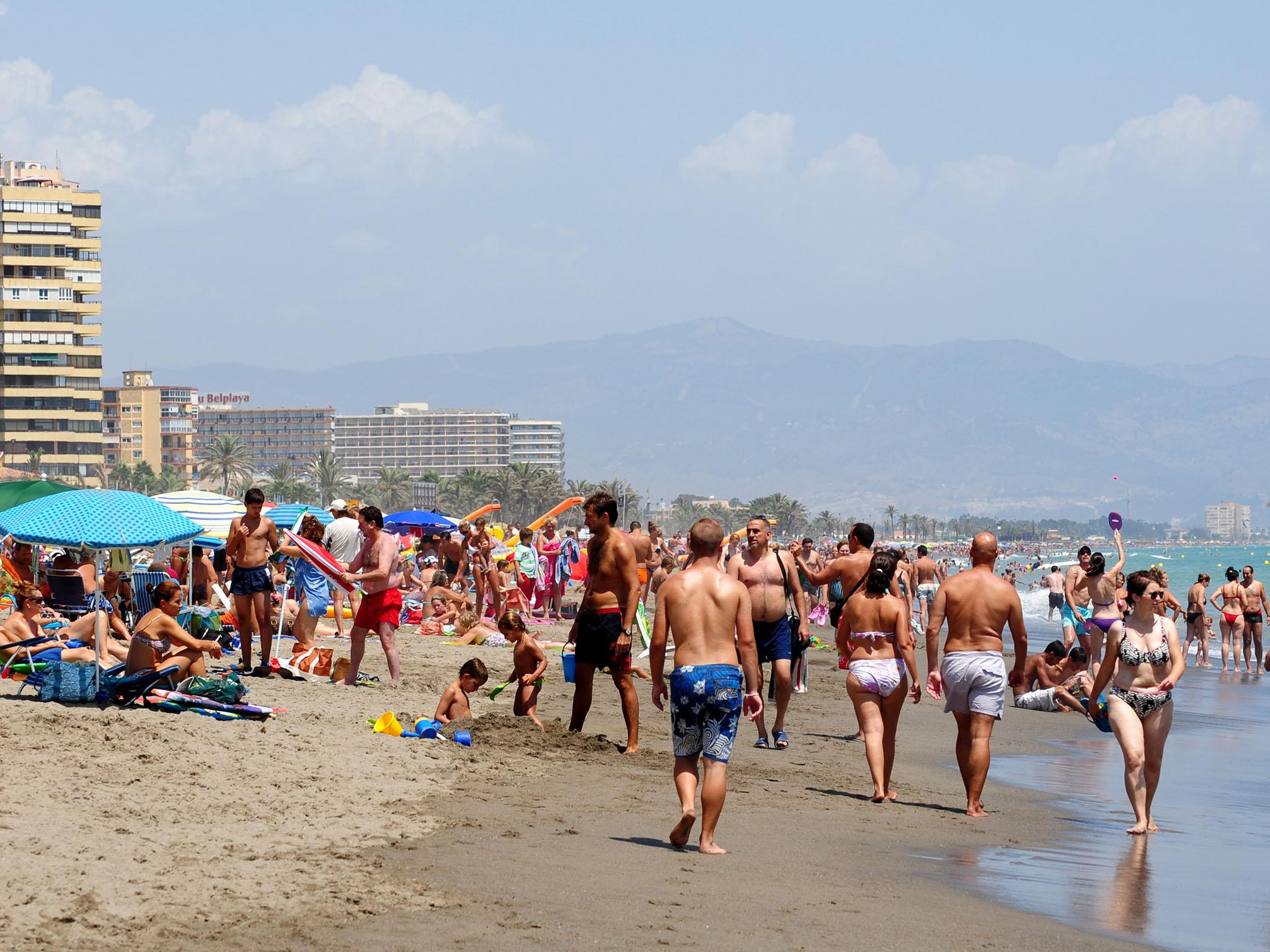ARTICLE AD BOX
Spain’s government has proposed a new 21 per cent value-added tax (VAT) on short-term tourist rentals, doubling the rate for hotel rooms, in a bid to tackle the country’s housing crisis.
The move aims to address growing concerns over the availability and affordability of housing for residents, as landlords increasingly favour more profitable short-term lets.
The proposed tax, which would apply to all rentals under 30 days, would impact a significant portion of Spain's tourism sector.
Last year, approximately a third of the 94 million visitors to Spain chose to rent homes instead of hotel rooms, which are currently subject to a 10 per cent VAT. No VAT is currently levied on short-term rentals in mainland Spain.
This measure forms part of a broader housing bill presented by the Socialist-led minority government. However, navigating the bill through a deeply divided parliament presents a significant challenge.
Housing Minister Isabel Rodriguez emphasised the intent behind the legislation, stating, "Homes are for living in (...) the measures seek to guarantee the right to rental housing for families."

The Spanish government faces the delicate task of balancing the economic benefits of tourism, a key driver of the nation's economy, with the pressing need to address public anxieties over escalating housing costs. The increasing shift towards tourist rentals has exacerbated the housing shortage, making it more difficult for residents to find affordable accommodation.
A Bank of Spain report this week said the country has a deficit of 450,000 homes. Half the housing stock in the Canary and Balearic islands is either tourist accommodation or homes owned by non-residents, it said.
Apartur, an association of tourism apartment owners in Spain's second city Barcelona, argues that shorter-term rentals should pay the same VAT as hotels and calls the proposed 21 per cent VAT rate discriminatory.
The bill under consideration also includes a controversial measure first announced in January to tax non-European Union citizens up to 100 per cent on property purchases unless it will be their primary home, as well as increasing taxes payable by owners of empty properties, including second homes.
"The sole objective is to put an end to these activities and leave (tourism) in the hands of hoteliers," said Javier Peñate, legal advisor to a holiday homeowners association in the Canary Islands, where short-term rentals already pay 7 per cent VAT, as do hotels.
Local and regional authorities are also capping new licences for tourist rentals in Malaga and Madrid, while banning them entirely in Barcelona by 2028.









 English (US) ·
English (US) ·